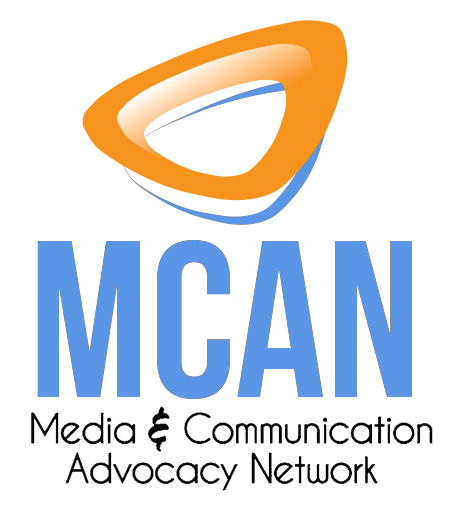At the meeting of Friends of UNFPA
Traditional leaders in the country must voluntarily lead the effort to end sexual and gender-based violence and harmful traditional practices in their communities.
The Chief of Abola in the Greater Accra Region, Nii Ahene Nunoo III, who made this statement noted that many women and girls in their communities had experienced one form of domestic violence.
“In some of our communities, harmful practices are still carried out against the girl child, which hurt her ability to reach her full potential” he said and stressed that it was time traditional leaders became advocates for the end of harmful traditional practices.

Nii Ahene Nunoo III, Abola Mantse, speaking at the meeting.
Nii Ahene Nunoo, also referred to as the Abola Mantse, was speaking at the inaugural meeting of Friends of UNFPA, an initiative to create awareness, advocate and raise funds to support the work of the United Nations Population Fund, Ghana, to expand opportunities for women and young people to lead healthy productive lives.

A section of the participants listening to him.
The Abola Mantse indicated that the task to end some of those practices that were rooted in culture was huge, and maybe daunting at times, but it was not impossible to achieve.
Initiative
The UNFPA Honorary Ambassador, Ms. Claudia Lumor, who championed the launch of Friends of UNFPA in Ghana, said the initiative promoted the health, dignity and rights of women and girls by supporting the life-saving work of the agency through education, advocacy and fundraising. She expressed the hope that the inaugural meeting would yield great solutions to help bring to zero the unmet needs of family planning, maternal health and gender-based violence “As friends of UNFPA we affirm our commitment to protect vulnerable women and children and also commit our resources,” Ms. Lumor stated.
UNFPA’s work
Giving an overview of the work of the UNFPA, the agency’s Deputy Country Representative, Dr. Agnes Ntibanyurwa, said the agency was working towards three transformational goals, “which are zero preventable maternal deaths, zero unmet need for family planning and zero GBV and harmful practices.”
She said it was at the core of UNFPA’s mandate to make motherhood safer by ending preventable maternal death.
The UNFPA also provides care for patients suffering from Obstetric Fistula through surgery.
The agency also provides integrated outreaches to juveniles in detention centres, Kayayei and persons living with disability (PWDs) and had distributed over 1000 ‘Dignity Kits’ to these groups. “During this period of COVID-19, we have organised sensitisation and education on sexual and gender-based violence and distributed dignity kits during outreaches to vulnerable women in slums,” she said.
The agency, she said, further provided 1,500 food handouts to poor, vulnerable populations and to isolation centres during the restriction of movement. Over 2000 young people also benefited from SRH ad SGBV workshops, using digital information platforms such as E-Workshops, Twitter Chats and E-Classroom.
The Young Leaders Fellows (YoLe) of the UNFPA also reached 1,605 people with SGBV information through IEC materials and 5,754 men, women and young people during an outreach.
Domestic hotline
Dr. Ntibanyurwa added that the UNFPA also supported the Domestic Violence and Victim Support Unit (DoVVSU) of the Ghana Police Service to set up a hotline. The hotline has received over 4000 calls, with 123 cases referred to DoVVSU. This increased awareness among the general populace of acts of SGBV and channels for seeking redress and enhanced SGBV referral pathways especially during the COVID-19 period.
Dr. Ntibanyurwa emphasised that those life-saving interventions could not be done by the UNFPA alone “and that is why we need friends.”
Contribution of friends
In his address, the UNFPA Country Representative, Mr. Niyi Ojuolape, said the agency’s areas of focus were maternal health, obstetric fistula, family planning, sexual and gender-based violence and harmful practices, young people, teenage pregnancy, kayayei, menstrual health, humanitarian response, persons living with disability, among others He said the Friends of UNFPA could support the work of the agency through media and social media activities such as advocating against child marriage on radio and through newspaper articles.
“You can also contribute to resource mobilisation by funding enterprise training for beneficiaries and study researches on specific mandate areas,” Mr. Ojuolape stated. He further urged them to contribute to community advocacy by providing a platform to speak on SGBV issues and also fund the development of Information, Education and Communication (IEC) materials in braille for visually impaired persons, as well as support young people by serving as a mentor and also provide internships for young people, including kayayei.
By Rosemary Ardayfio

